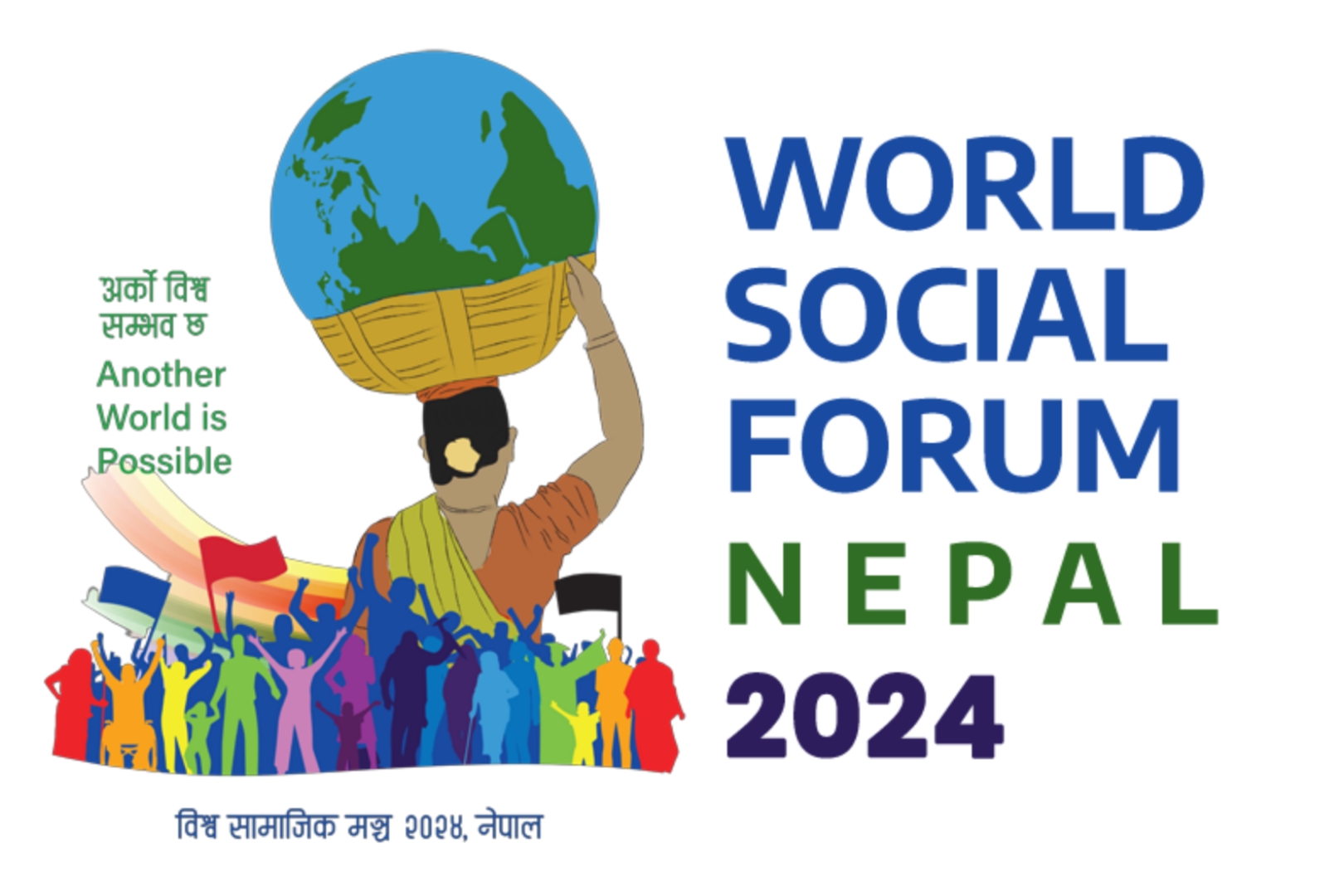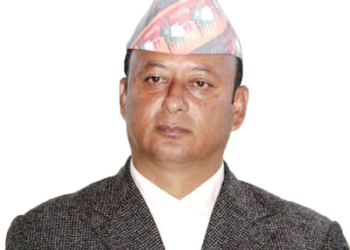KATHMANDU: Speakers and experts have called for integrating anticipatory disaster risk reduction (DRR) and climate change adaptation (CCA) approaches with the climate science to make sure that more lives are protected from climatic disasters.
Speaking at a panel discussion on organized by think tank ‘Sustainable Development Policy Institute (SDPI) and Oxfam in Pakistan as part of the World Social Forum on Saturday, the speakers said that the incidence of climatic hazards and disasters are increasing which plunge communities into vulnerability to disasters and are causing losses and damages.
Speaking on the occasion, acclaimed climate justice expert Harjeet Singh said temperatures are the determining factor of climate change which calls for analyzing science so that the communities can better adapt and prepare the communities against climatic hazards and disasters.
He called upon the humanitarian sector to keep in mind the future warming levels and slow on-set disasters while designing humanitarian programs.
He said the communities know much about impacts of climate change such as glacier melting, changing cropping pattern and water availability.
While climate change is creating new poor with more marginalities, there is need to opt for nature-based solutions for adaptation.
He called for integrating humanitarian approaches with science.
Likewise, the Deputy Executive Director of SDPI Dr. Shafqat Munir said climatic hazards are now putting cities and towns at risk urging the needs for risk sensitive urban planning through applying both DRR and CCA strategies.
He said preparedness and anticipatory DRR approaches can better equip the vulnerable communities at local levels to cope with ensuing disasters/climatic hazards.
The localization of DRR-CCA strategies and implementation plans can help save and protect more lives, he added.
Oxfam’s regional humanitarian coordinator Jermaine, from the Philippines, said effective climate action requires a balanced approach, considering both adaptation and mitigation efforts.
Similarly, there is a need to ensure equity, right, and justice in line with the Global Goal on Adaptation (GGA) framework that prioritize fairness and equitable adaptation strategies.
He said there is a need to train communities on DRR and early warning messaging should be clear.
Programme Manager ARTS Foundation, Saira Falak, from Pakistan, narrated about the losses and damages occurred in Pakistan during the floods 2022.
She said during the emergency, the women lost their livelihood and plunged into further poverty.
She said there is a need to build capacity of women on disaster risks and preparedness.
She spoke about the non-traditional losses which impact people and economy badly.
Civil society expert from Nepal, Ram Sharan Sedhai said disaster creates, perpetuates and aggravates poverty which renders people more vulnerable to disasters and weakens their coping strategies.
Once hit by disaster, the community needs resources, time and patience to recover from the impacts.
Quoting from the Nepal’s 2015 earthquake, he said political will-power and stability have far-reaching impacts on decisions regarding saving lives.
He called for training the first responders, such as local youth, police, elected representatives, and government.









Comment